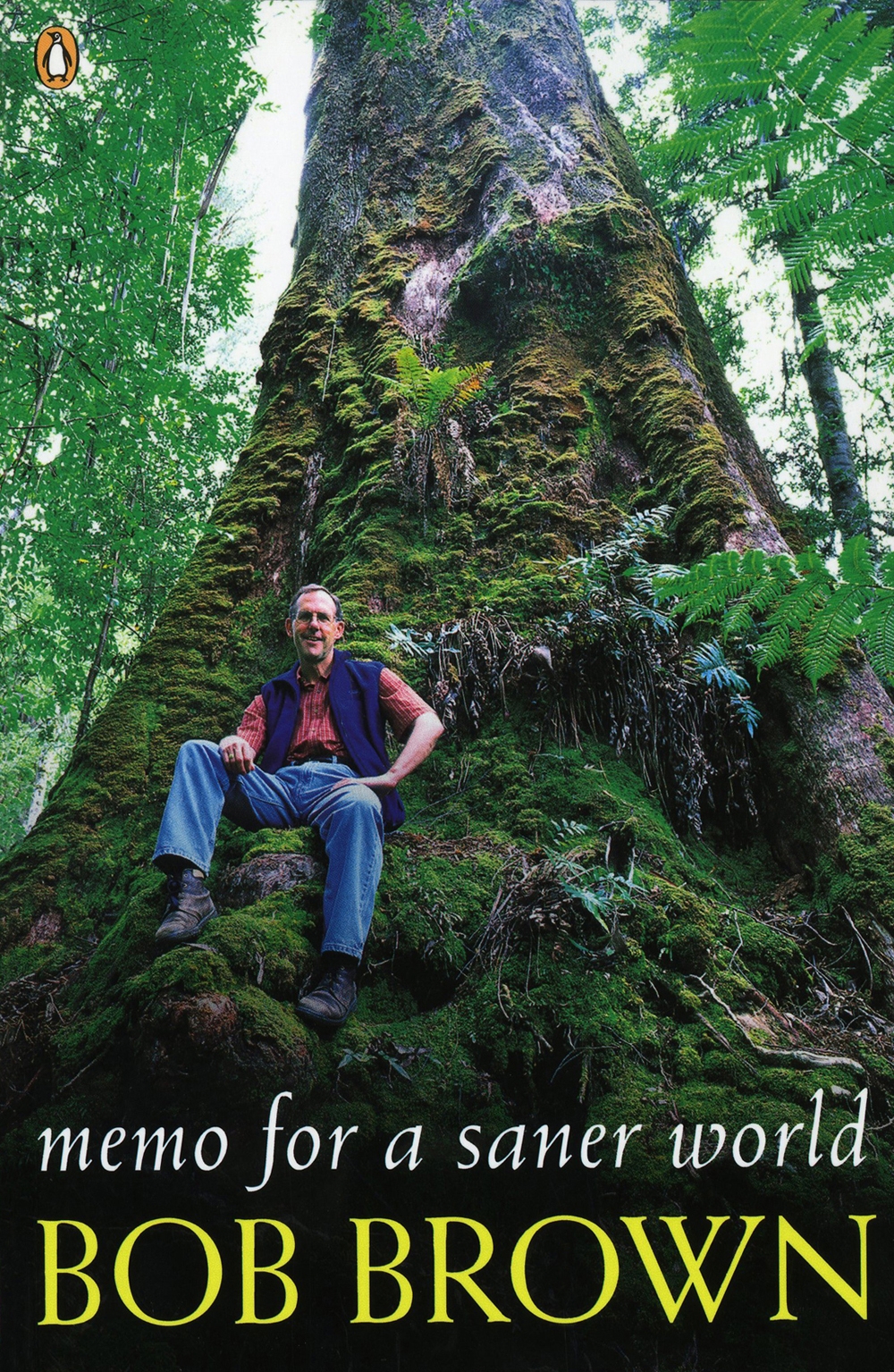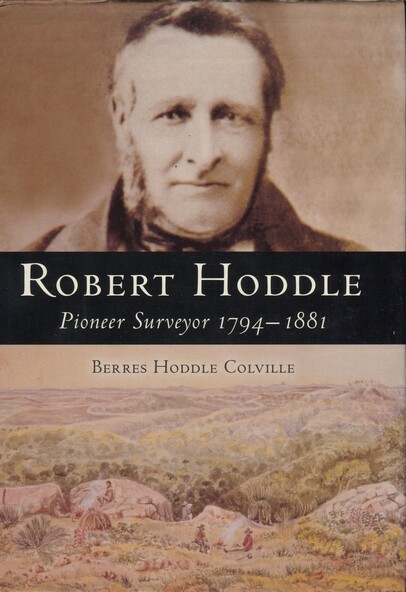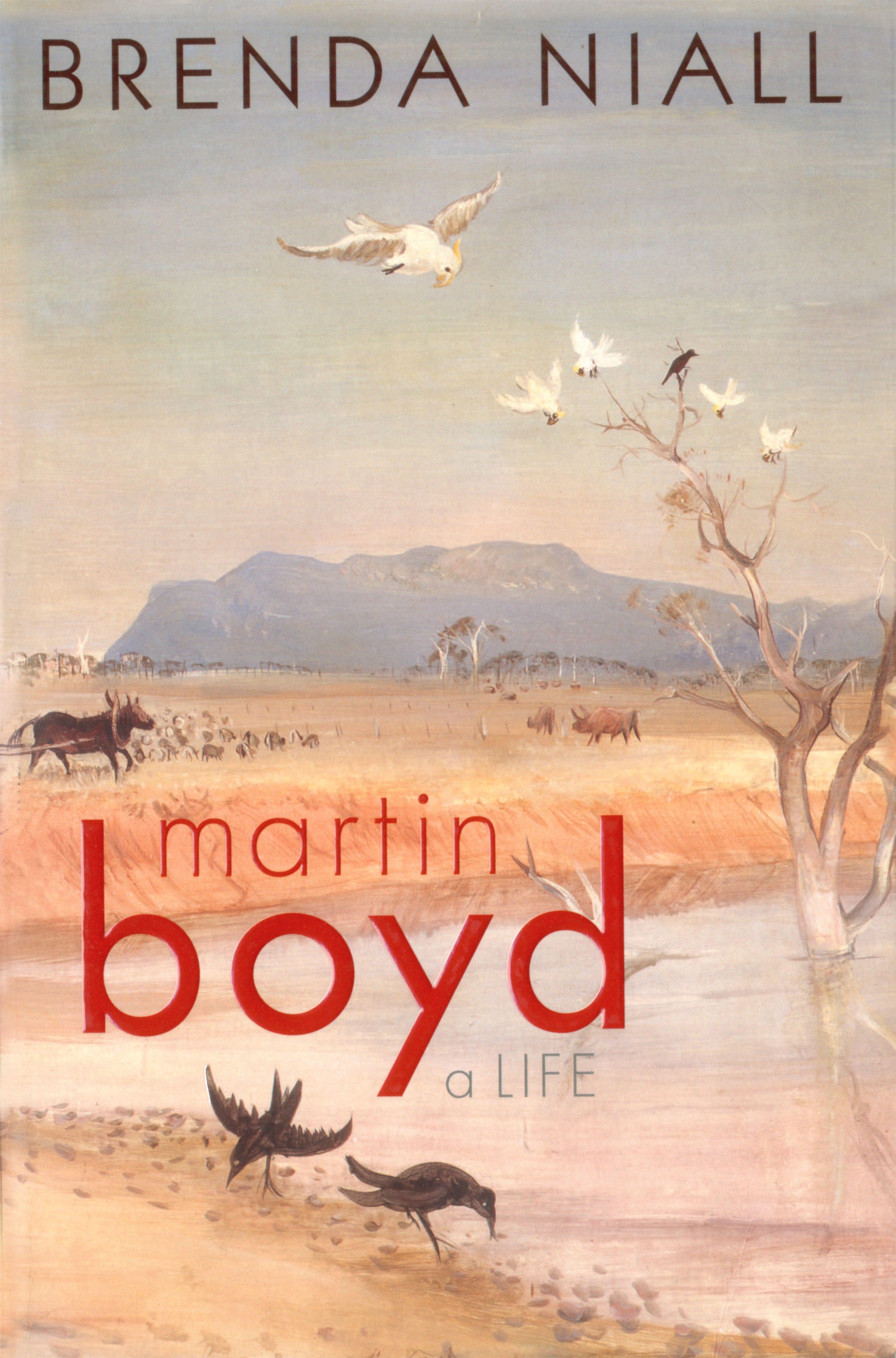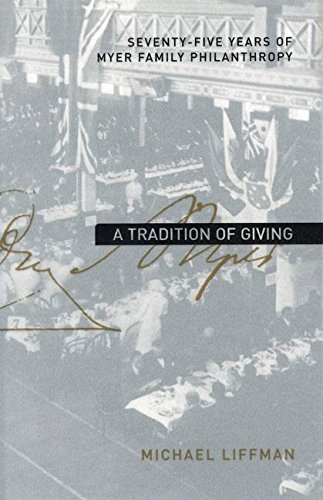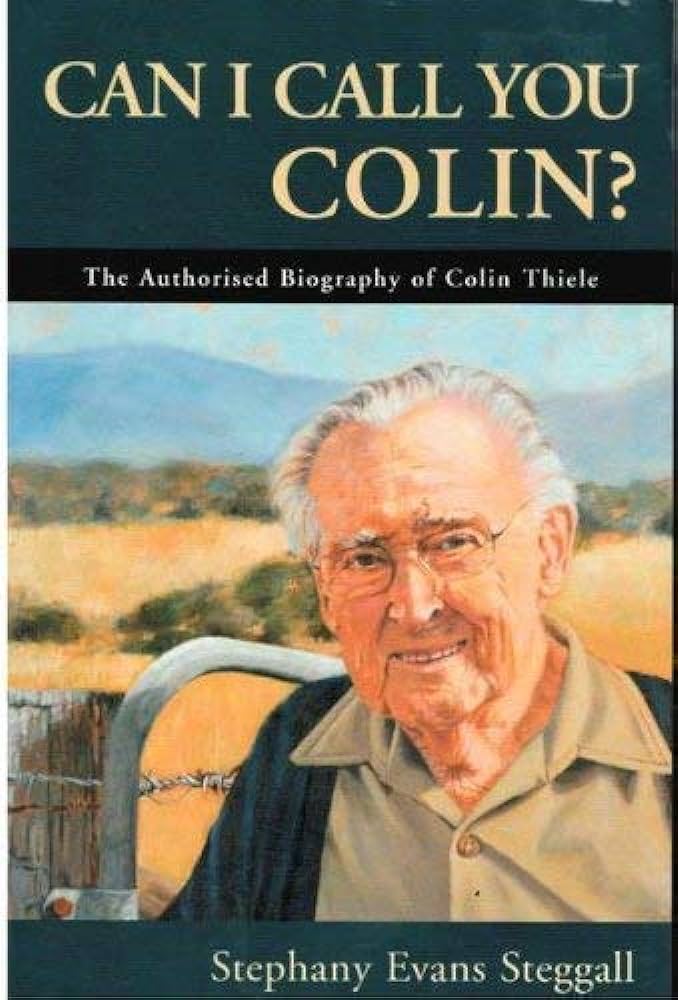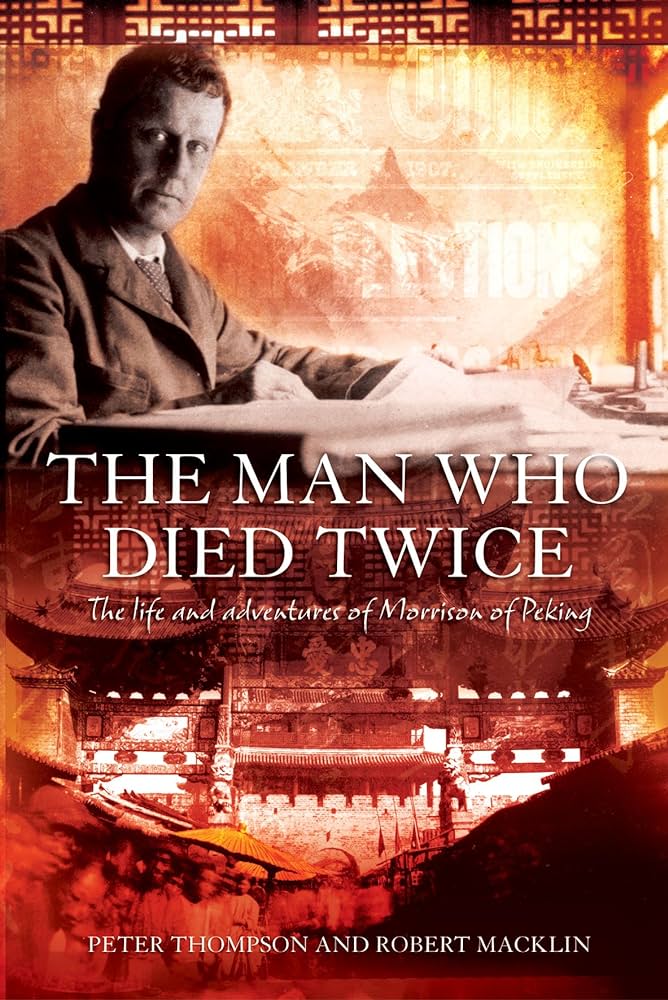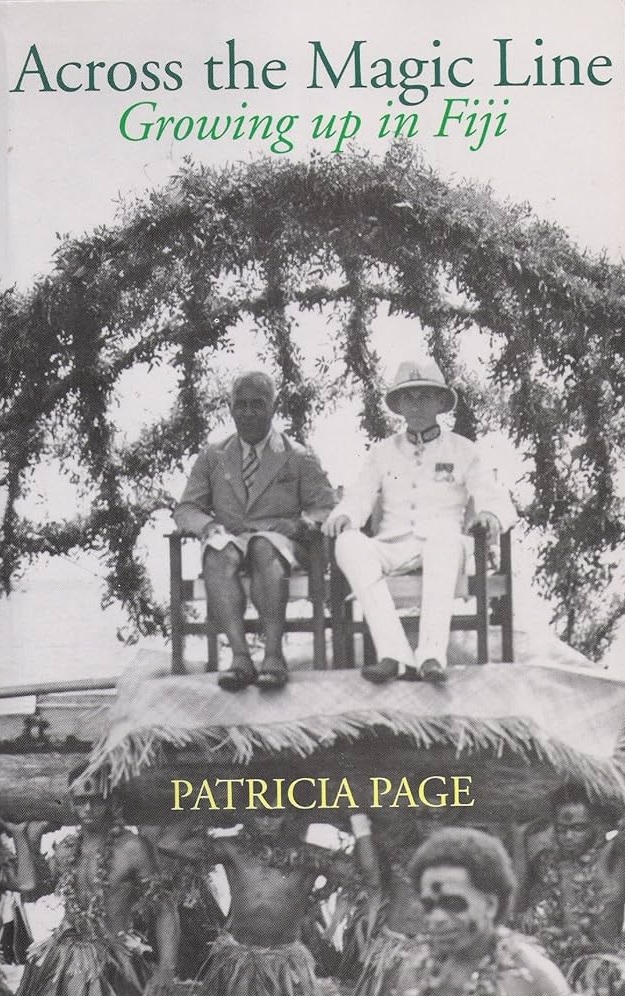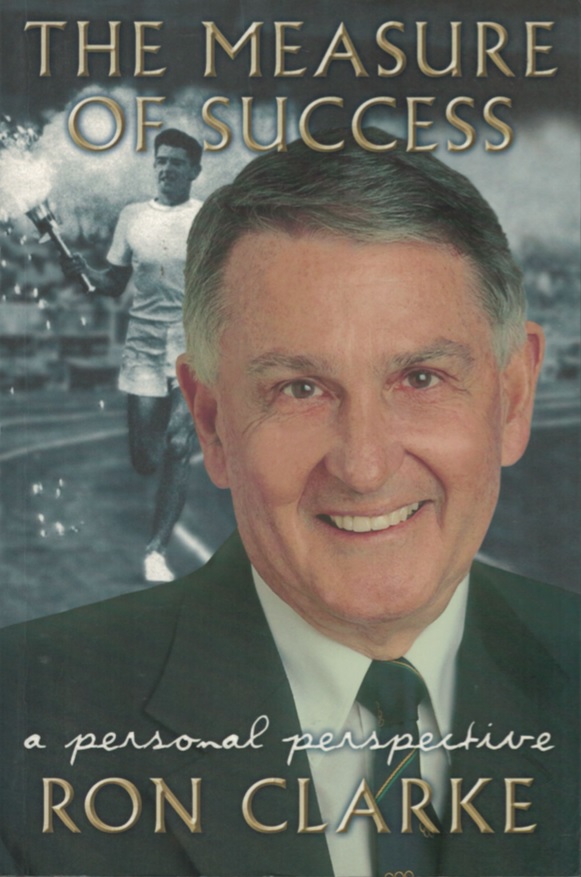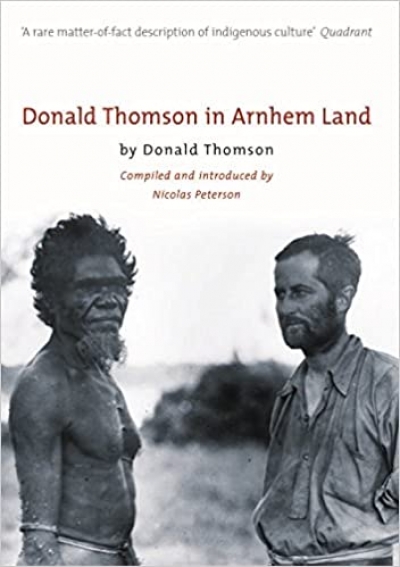Biography
Bob Brown tells us the worst: ‘Half of the planet’s forest and woodlands are already gone’; every year, forest areas twice the size of Tasmania vanish from the map. At the same time, ‘There is a thin green line round the world’ – more than seventy Green parties contend for votes everywhere from Scotland to Mexico, Mongolia to Kenya. Jacques Chirac is trying to change the French constitution in favour of the environment; Les Verts have been doing pretty well in the European elections. Labor lassoes Peter Garrett. Even John Howard, while giving much aid and comfort to the fossil fuel industries, tries to sound as though he really supports renewable resources.
... (read more)Charmian and George: The marriage of George Johnson and Charmian Clift by Max Brown
For some Australians, the exotic, exciting and ultimately tragic relationship of Charmian Clift (1923–69) and George Johnston (1912–70) has attained the mythical status of other famous literary couples of the twentieth century: F. Scott and Zelda, Virginia and Leonard, Ted and Sylvia. The combination of beautiful people, prolific and personal writing, illness and suicide makes them irresistible and seemingly inexhaustible subjects for biographers and readers alike. In the case of the Johnstons, escape to London from the conservative Australia of the 1950s, and then years on the Greek islands of Kalymnos and Hydra, add another level of fascination. The dream of an idyllic island life is a resilient one: evidence that it is unattainable only serves to strengthen the myth.
... (read more)Robert Hoddle: Pioneer Surveyor, 1794-1881 by Berres Hoddle Colville
Of the two groups who opened up Australia to settlement, the squatters have created about their persons a huge library, both admiring and critical. The surveyors, who followed in their footsteps, have rarely captured the imagination (with the exception of Sir Thomas Mitchell and Colonel Light) but their influence, especially in metropolitan Australia, has been incalculable. The site of Melbourne was chosen by a governor, but it was surveyors who laid out the grid plan of the square mile, imposing it on a hilly site, bounded by a narrow river to the south and swamps to the west. Principal among the Melbourne and Port Phillip surveyors was Robert Hoddle, who ended a long career as the first Surveyor-General of Victoria (1851–53).
... (read more)When Martin Boyd returned to Australia in 1948 after twenty-seven years in England, he set about restoring the Grange, the derelict former home of his mother’s family, the à Becketts. He had been disappointed to find how little known his novels were in Australia and he had difficulty in re-establishing himself with the Boyd family. Nevertheless he persevered with his impulsive scheme until he could draw ‘the curtains at night in the little sitting room ... [and] indulge the illusion of being in an English manor house.’ Among the à Beckett portraits and eighteenth-century furniture were his nephew Arthur’s biblical frescoes. In trying to be an English squire in the Australian countryside, surrounded by the artefacts of two continents and centuries, Boyd presents the image of a man who never quite found himself wholly at home anywhere.
... (read more)A Tradition of Giving: Seventy-five years of Myer family philanthropy by Michael Liffman
There is something magical about the story of Sidney Myer and the Myer family in Melbourne. It has all the hallmarks of the migrant success story, coupled with the fairy-tale elements of a Frank Capra film and the model capitalist tale of money managed in such a way that true philanthropy can occur. Sidney Myer arrives in Melbourne, penniless and destitute, with little more to his name than a reputation as a canny salesman and as a man whose skills and charm endear him to people. By the time he dies, Myer is Melbourne and vice versa. His name has become an institution; 100,000 mourners line the streets. This is an important and remarkable story: revealing about the nature of Australian opportunity; suggestive of the contribution migrants have made to our understanding of national identity; thought-provoking on the question of philanthropic motivation and Australia’s relatively limited history of philanthropy. Seventy-five years of subsequent generations of Myer generosity is yet more remarkable. The cultural contribution and social engagement of this family is ample material for a fascinating book. Sadly, A Tradition of Giving is not that book.
... (read more)Can I Call You Colin?: The Authorised Biography of Colin Thiele by Stephany Evans Steggall
Mention Colin Thiele’s name, and at least one listener will sigh and say The Sun on the Stubble in a wistful or regretful voice, depending on their schooldays memories. This biography takes us on ngrugie ngoppun: a ‘good walk’ with its subject. Largely chronological, it begins with a glimpse of the writer poised to tell his enduring story of the Coorong, Storm Boy (1963), and then retraces his long life and career (Thiele was born in 1920). His idyllic boyhood in the bosom of a loving farm community, his academic studies as a young adult, his RAAF service and his long distinguished teaching career are all laid out, leading to his subsequent fame as a part-time writer.
Thiele has been a prolific and versatile writer for over sixty years. He has written poetry, short stories, plays, biography, textbooks and novels, while working full-time as a teacher and then principal of Wattle Park Teachers’ College. He is best known for his novels about his beloved South Australia, in particular those set in fictitious settlements in the Barossa Valley: The Sun on the Stubble (1961), Uncle Gustav’s Ghosts (1974) and Labourers in the Vineyard (1970), among others. Storm Boy is widely acknowledged to be his best-loved story for children. Some of his short stories for young readers are small gems: Danny’s Egg (1989) could easily fit into the ‘Aussie Nibbles’ series. He has published a biography of Hans Heysen (Heysen of Hahndorf, 1968), and his own memoir of childhood, With Dew on My Boots (1997). He published poetry in the notorious Ern Malley issue of Angry Penguins, and had radio plays broadcast while still a young teacher. His work has been adapted for cinema and television. Considering his long life, too few photographs are included, but a note directs the reader to a website for more. There are more than thirty pages of notes and bibliography, and an extensive index.
... (read more)The Man Who Died Twice: The life and adventures of Morrison of Peking by Peter Thompson and Robert Macklin
Between the ages of twelve and seventeen, the name Morrison seemed to be almost everywhere I looked. Scraping and stumbling through Geelong College, I attended assemblies in Morrison Hall, was a member of Morrison House, and daily passed a trophy cabinet in which was exhibited a copy of Morrison of Peking (1967), Cyril Pearl’s biography of George Ernest ‘Chinese’ Morrison (1862–1920), a scion of the founding family in whom its pride was visible.
It would be nice to say that the example of Morrison’s life spurred me to tackle journalism, what he called ‘the noblest of all the professions’, with its emphasis on ‘energy, courage, temperance and truthfulness’. But truth be told, he was at the time a little too exotic to take in – as Peter Thompson and Robert Macklin put it in their new biography, ‘a Scot by breeding, an Australian by birth and experience, British imperialist by choice and a Sinophile by compulsion’. Only later did I find myself bewitched by An Australian in China (1895), the vivid pedestrian’s panorama that Morrison wrote about his foot slog from Shanghai to Rangoon, which became, as it were, his successful job application to The Times.
... (read more)In Across the Magic Line: Growing up in Fiji, Patricia Page comes full circle, returning with her sister Gay after an absence of fifty years to the enchanted islands of their childhood, reliving their memories and examining the very different Fiji of the present. Despite changes everywhere, the astonishing beauty of the islands remains, and the kindness of the Fijians is constant.
... (read more)The Measure of Success by Ron Clarke & Cathy by Cathy Freeman (with Scott Gullan)
In 1936, at the Nazi Olympics, Jesse Owens won four gold medals and the hearts of the German people, but when he returned to the US his main aim was to turn Olympic gold into real gold. At Mexico City in 1968, Tommy Smith and John Carlos threw away their own careers by appearing on the victory podium barefoot and gesturing with the Black Power salute in protest against the treatment of their ‘brothers’ in the US and elsewhere. Television sent the Smith–Carlos message around the world, but earned the two athletes more opprobrium than praise in Western nations that were still coming to terms with the cultural revolution of the 1960s. This was before the Moscow Olympics in 1980, when the democracies could still convince themselves that sport and politics were worlds apart and should never mix.
... (read more)Donald Thomson in Arnhem Land by Donald Thomson, edited by Nicolas Peterson
Donald Thomson’s stature as a great Australian and a champion of Aboriginal rights is confirmed by this engaging compilation. Thomson was also a world leader in ethnographic field photography. Published first in 1983, this revised edition contains a gallery of eighty additional evocative, annotated images of vibrant people and their ways of living. Today’s evaluation contrasts with that around the time of Thomson’s death in 1970, when his reputation reached its nadir. Most anthropologists then disparaged his work, few appreciated the richness and complexity of his collections, while only one academic book testified to his credentials.
... (read more)

